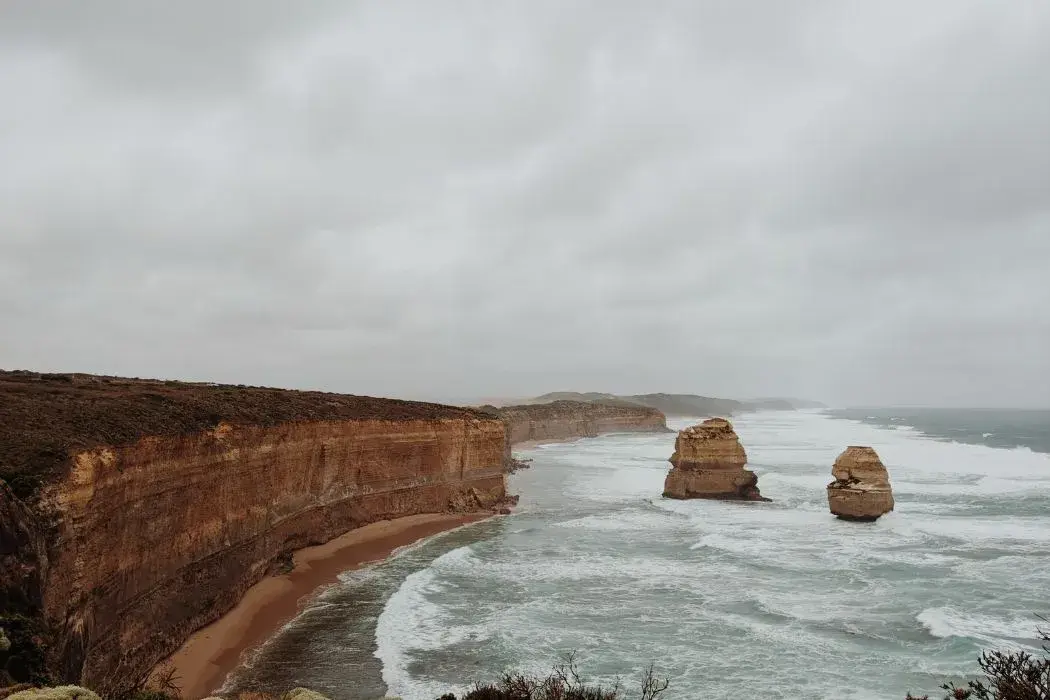I don’t see many people gushing with excitement about digital culture anymore. One underappreciated difference between the “web” now and 30 years ago is that you couldn’t just colonize other places. For me, digital senior that I am, that’s also a big part of why the joy seems gone.
At the risk of making myself irrelevant with oldster nostalgia, here’s what it was like when I built one of the first 5,000 websites back then.
– Non-ownership models didn’t really exist. You couldn’t just stand on a soapbox in someone else’s park or wheel your cart into someone else’s bazaar and start shouting. You couldn’t even farm someone else’s land and hope to steal a few carrots at the end of the month.
– Making something entirely new was both an obligation and an opportunity because there were no other options. It was a “new frontier” without the genocide, pillage, and extractivism.
– You didn’t have to do anything to twist and turn and conform to algorithms or platform norms. A little usability thinking didn’t hurt, but even on that front, experimentation was rewarded.
– It wasn’t necessarily easy. You had to do a lot from scratch.
Here’s the story. In 1994, I wanted to create hypertext versions of the reading materials for the Intro to French Lit class I taught at Emory. What I had was a computer and a mysterious jack in the wall that looked kind of like a phone jack. Because it was Emory, they had money to burn on things like wiring buildings with ethernet, but no plan for what to do with that infrastructure. Humanities faculty “didn’t need” IT support or computing resources, so I had to set up a web server and then build out pages. The payoff was that I didn’t have to spend classroom time explaining cultural context (“Who is Louis XIV?”) or difficult vocab and syntax. A glossary and even a few low-res images did that work instead. My students got to talk about meaning at a higher level.
That experience probably influences my “weathered” frontier mentality today, but I still do think there’s value in making digital things that elevate thinking—even in our hyper settled, overmanaged present times. The good news for my clients is that they’re also still seeing and getting value from ancient content wisdom.




